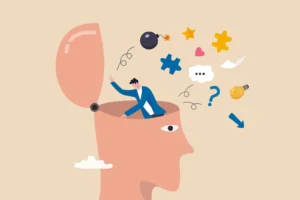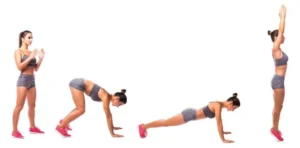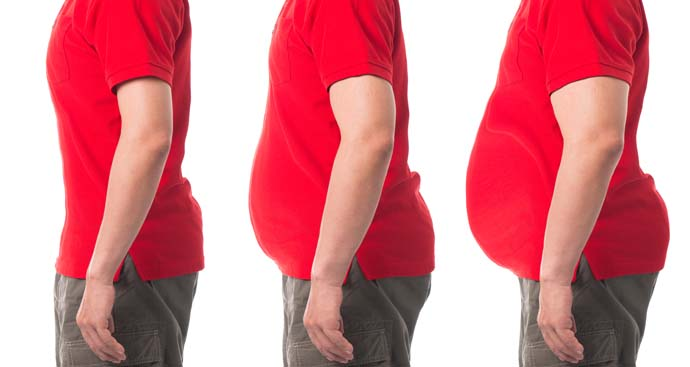
There are several diets, food plans, and weight-loss regimens claiming to be the best solutions for reducing fat and keeping it off for good. However, the true secret to weight loss does not lie in miracle medications or excluding whole food groups. Extreme actions are unnecessary. A calorie deficit, well-balanced diet, and thoughtful, reasonable behavior are the best approaches to sustainably lose weight. This post covers the basics of fat loss, focusing on why protein is essential and how you can use the balanced plate concept to make dieting enjoyable and sustainable in the long run.
Embracing the Basics of Fat Loss
Calorie Deficit: What is it?
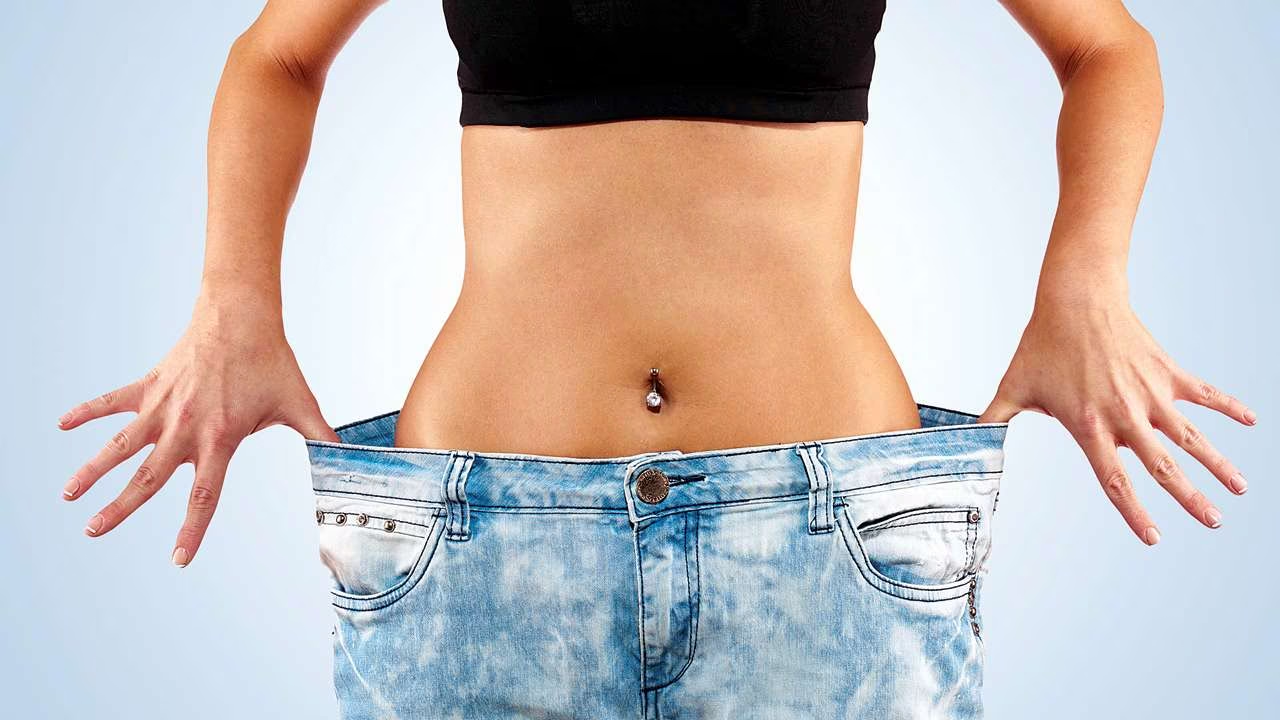
Establishing a calorie deficit forms the fundamental basis of fat loss. This means consuming fewer calories than your body burns daily. Regardless of the diet trend or label, every fat-loss diet centers on this one principle. Without a calorie deficit, it’s impossible to lose fat, no matter how healthy or “clean” the foods you eat may be.
Creating a calorie deficit doesn’t require starvation or strict meal plans. It’s about making better food choices and managing portion sizes to stay full while reducing calorie intake.
The Value of Protein in Fat Reduction
Why Protein is the Powerhouse for Fat Loss
Protein plays a crucial role in any fat-loss diet. It serves two main purposes:
- It keeps you feeling full, lowering overall calorie intake without making you feel deprived.
- It helps preserve muscle mass while your body burns fat for energy.
When you’re in a calorie deficit, your body needs fuel. Without sufficient protein, it may start breaking down muscle tissue instead of fat. Consuming enough protein ensures that the weight you lose comes from fat, not muscle.
The 2005 Protein and Calorie Reducing Study
A 2005 study found that participants who increased their protein intake consumed 440 fewer calories per day without making any other changes to their diet. Over 12 weeks, they lost an average of 10 pounds of fat.
How Much Protein Should You Consume?
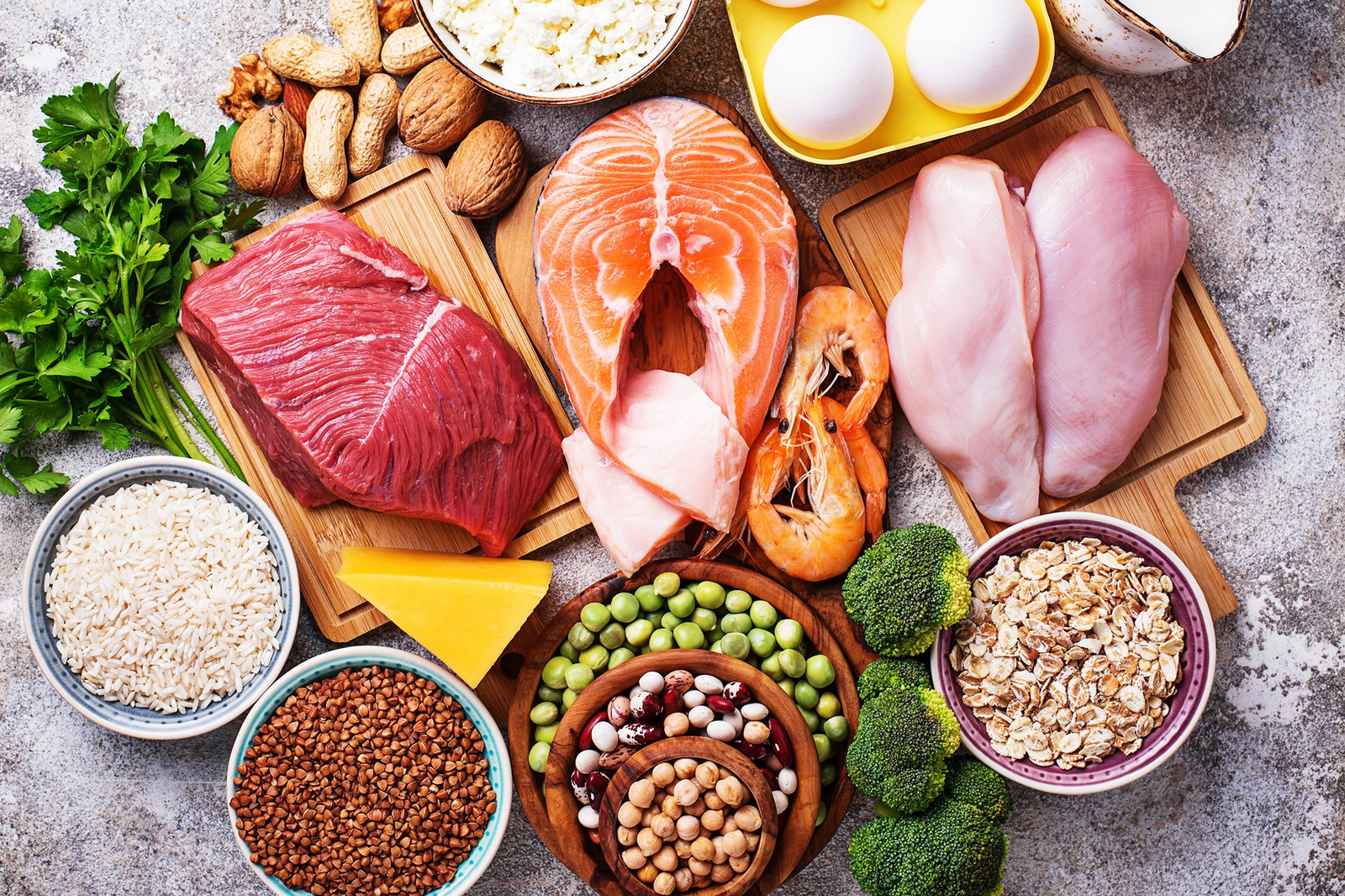
For optimal fat loss, aim to consume 0.8 to 1 gram of protein per pound of body weight. This ensures you get enough protein to maintain muscle mass while supporting your calorie deficit.
Great sources of protein include:
- Eggs
- Lean meats (chicken, turkey, lean beef)
- Fish
- Greek yogurt
- Legumes (beans and lentils)
Why You Shouldn’t Cut Carbs Completely
Although some diets discourage carbohydrates, cutting them entirely is unnecessary and can hinder your fat-loss efforts. Carbohydrates are your body’s main energy source, particularly for high-intensity activities like strength training and cardio.
Eliminating carbs from your diet can lead to low energy levels and poor performance during workouts, which can slow down fat loss. Rather than eliminating carbs, focus on timing and choosing the right types of carbohydrates.
The Balanced Plate Concept
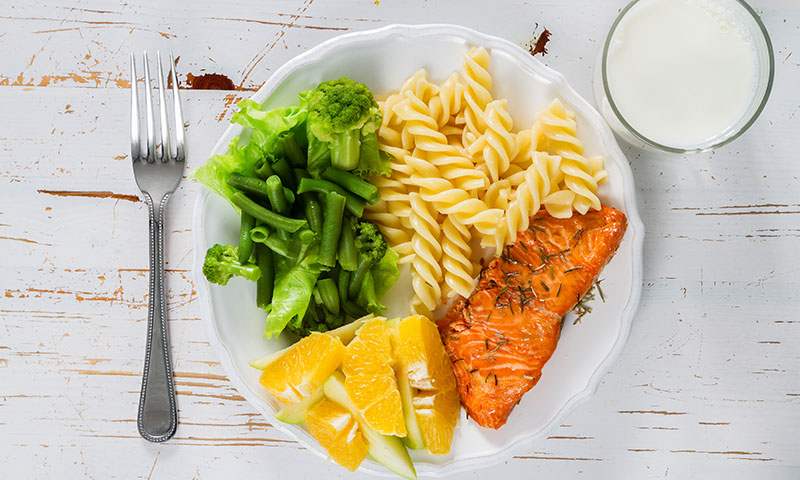
Maintaining a calorie deficit without adhering to strict meal plans becomes easier with the balanced plate concept. Visually divide your plate into sections:
- 1/4 Protein to support muscle retention and fat loss.
- 1/2 Vegetables/Fruits, which are low in calories but nutrient-dense to keep you full without adding excess calories.
- 1/4 Carbs and/or Fats from whole grains or healthy fats like avocado, nuts, or olive oil.
This structure helps you maintain a balanced diet without obsessing over every calorie.
The Role of Fats in Fat Loss
Fats are often misunderstood in the fat-loss process. While fats are calorie-dense (9 calories per gram, compared to 4 calories per gram for protein or carbs), they are vital for overall health and satiety. Eliminating fats completely can lead to nutrient deficiencies and cravings.
Instead of cutting out fats, focus on consuming them in moderation and choosing healthier options, such as:
- Avocado
- Olive oil
- Nuts and seeds
- Fatty fish like salmon
Why Strict Meal Plans Don’t Work
Strict meal plans that limit certain foods or require constant calorie counting often lead to burnout and are difficult to sustain long-term. The goal of any fat-loss diet should be sustainability. The balanced plate concept offers flexibility and allows you to enjoy a wide variety of foods while staying in a calorie deficit.
Tips for avoiding the pitfalls of strict dieting:
- Practice portion control and mindful eating to avoid overeating.
- Don’t cut out entire food groups. Instead, focus on moderation and balance.
- Include your favorite foods in moderation to prevent feelings of deprivation and reduce the likelihood of binge eating.
Are Fat-Burning Supplements Worth It?

Many fat-burning supplements promise quick and easy results, but the truth is most of them are ineffective. While some supplements can help fill nutritional gaps, most don’t contribute significantly to fat loss. Protein shakes, however, can be a useful tool for increasing protein intake and preserving muscle during a calorie deficit.
The Importance of Regular Eating Patterns
Your eating patterns can affect your fat-loss success. Regularly skipping meals can cause low blood sugar levels and lead to overeating later in the day, which can undo your calorie deficit. On the other hand, eating regularly spaced meals helps maintain energy levels and prevents hunger spikes.
Some people find intermittent fasting helpful because it naturally limits the eating window and helps maintain a calorie deficit. However, the best eating pattern is the one that fits your lifestyle and is sustainable over time.
Make Fat Loss Enjoyable and Sustainable
Long-term fat-loss success requires making your diet enjoyable and sustainable. This means:
- Experimenting with recipes that are both nutritious and delicious.
- Including your favorite foods in moderation to avoid feeling restricted.
- Avoiding strict diets that are difficult to maintain over time.
Incorporating flexibility, balance, and enjoyment into your diet increases your chances of achieving and maintaining your fat-loss goals for good.
Final Thoughts on The Best Diet to Drop Fat for Good
Losing fat and keeping it off requires more than a short-term fix. It’s about adopting a sustainable approach involving a calorie deficit, adequate protein intake, and balanced nutrition. The combination of a balanced plate, regular meal timing, exercise and a reasonable diet makes fat loss both effective and enjoyable.
Forget about miracle pills or extreme diets. Focus on whole foods, portion control, and mindful eating to lose fat for good—while keeping your energy levels high and preserving muscle mass.



